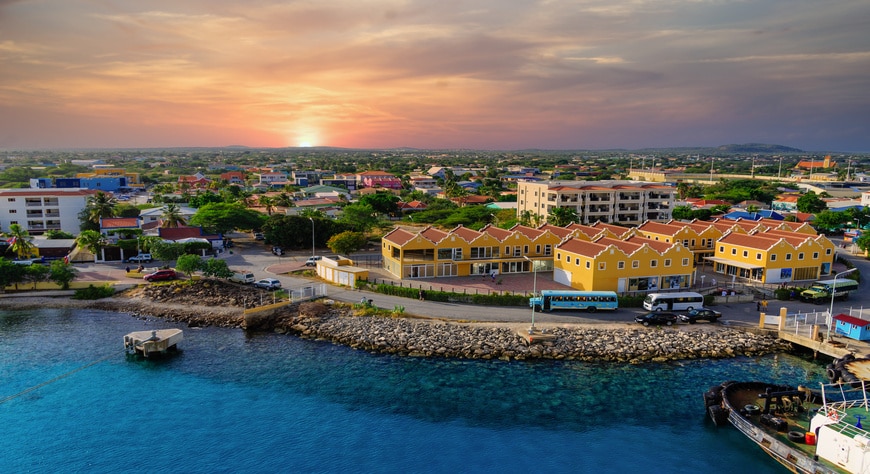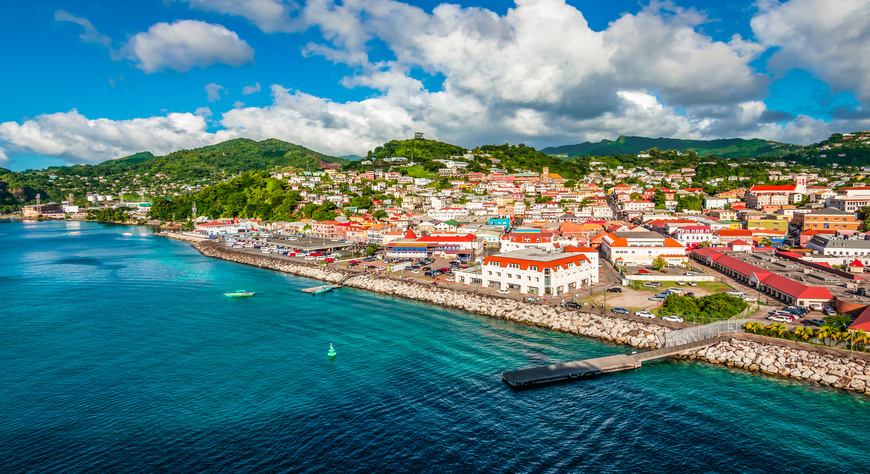Perhaps you’ve experienced post-holiday depression before after a long vacation or a trip, this syndrome produces a feeling of sadness, apathy, lack of energy or motivation after the return to daily routine. It’s an “adaptive disorder”, at the end of a long holiday period one is not able to deal with daily routine or work demands.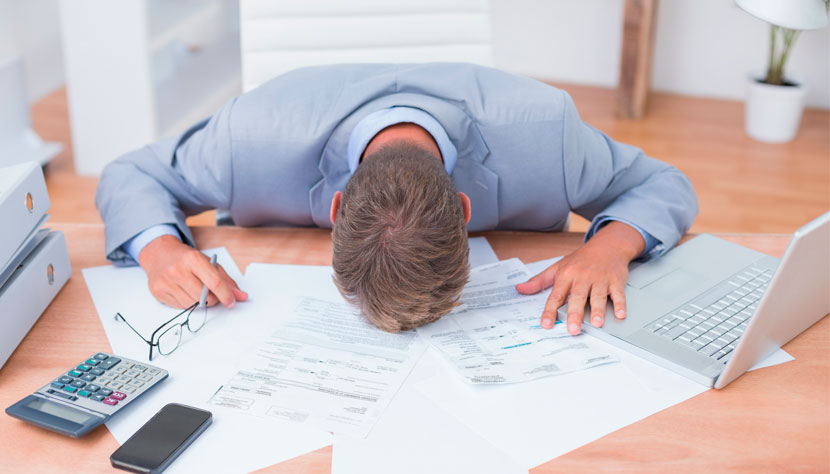
Workers who enjoy longer vacations, work in a hostile environment, do not enjoy their work, consider themselves unappreciated, or have an unpleasant boss happen to be more prone to suffer from this syndrome.
Symptoms may vary depending on the person, but postvacational depression usually produces stress, anxiety, low mood, decay, apathy, lack of energy, boredom… Luckily this period usually lasts no longer than 2 or 3 weeks and professional help is not needed to overcome it.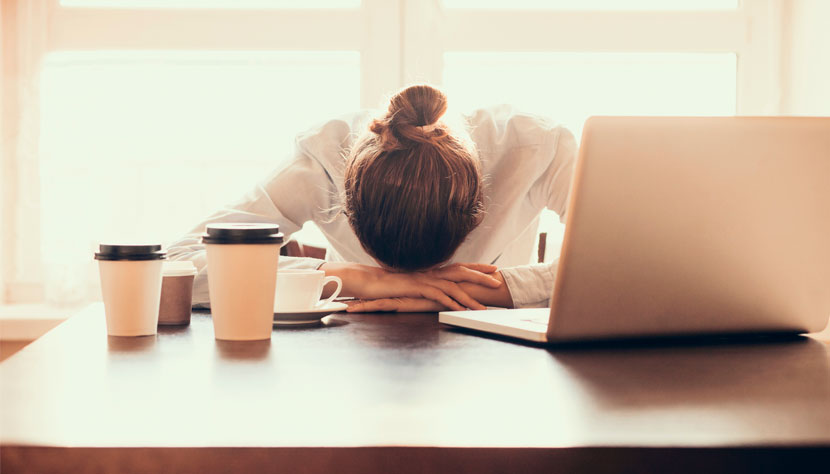
The best way to combat post-holiday syndrome is to prevent it. The most important thing is not to return from vacation just the day before returning to work, but instead several days before, so we can adapt and schedule the return home in a relaxed manner.
It’s also advisable to return to your extracurricular activities as soon as possible, exercise and stay active during the holidays. Maintaining a good diet and healthy habits during the holidays can also help.
Adapt our schedules to the usual in a smooth and progressive way, for example we can anticipate bed and wake-up times little by little a week before returning to work, so that later is easier to adapt.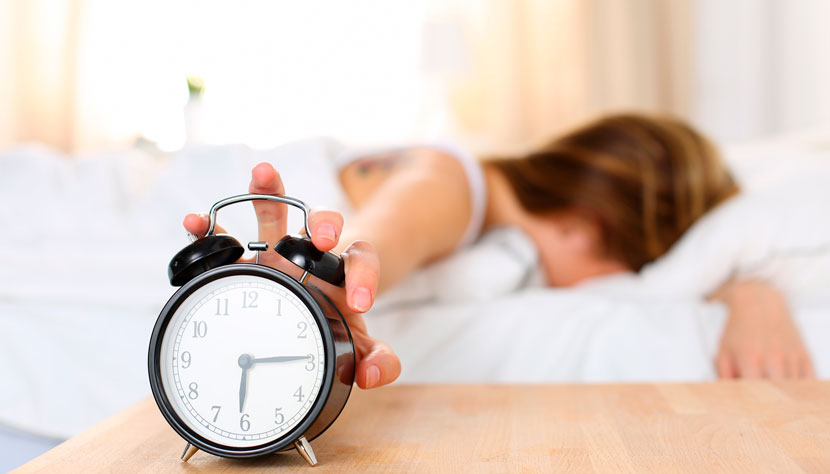
It’s necessary to return calmly to routine, it’s a key factor to avoid, as much as possible, stress at work.
We must try to make the “adaptation process” of returning to work as smooth as possible and deal with a positive attitude to combat the demotivation that “the return to reality” entails.
Post-holiday depression, how to overcome it?
-
Recent Posts
Categories
- Africa
- Apps de viajes
- Asia
- Brazil
- Caribbean
- Colombia
- Corporate
- Corporativo
- Croatia
- Europe
- Eventos
- Events
- France
- Georgia
- Germany
- Greece
- Indonesia
- Ireland
- Israel
- Italy
- Japan
- Lugares con encanto
- Mexico
- Myanmar
- North America
- Oceania
- Press
- Restaurants
- Scotland
- Sin categoría
- Singapore
- South America
- Spain
- Thailand
- The Netherlands
- Travel apps
- Travel spots
- Turkey
- Uncategorized
- Uncategorized
- United Kingdom
- USA
- Vietnam
- World Travel
- Wi-fi rental
- Wi-fi buy
- SIM Cards
- Extras
Products- Affiliate
- Referral
- Group Order
- Business
CONNECT


